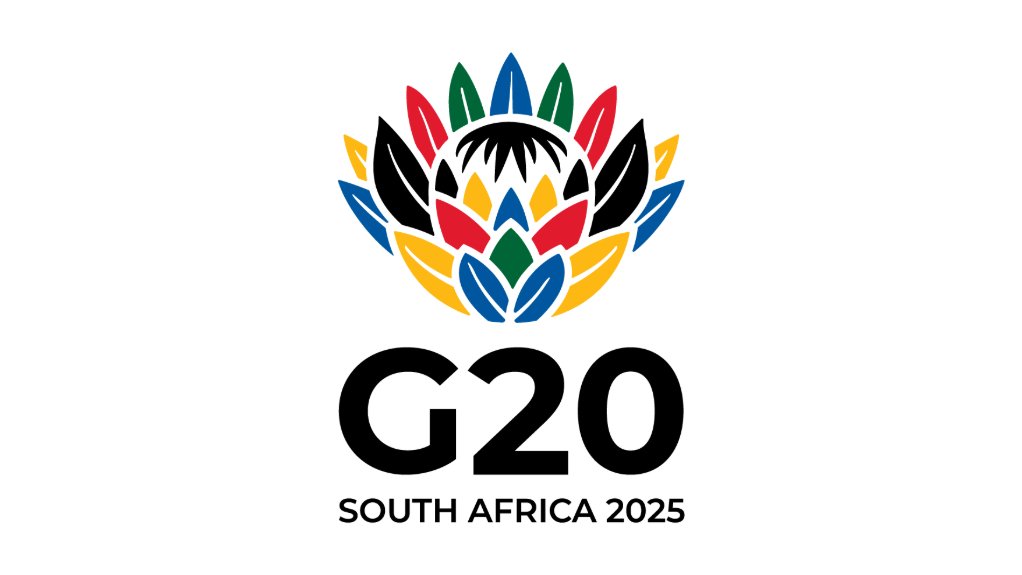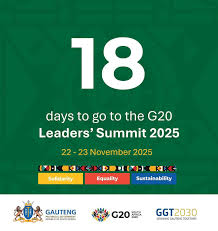Introduction to the G20 Summit 2025
The G20 Summit, a gathering of the world’s major economies, plays a critical role in shaping international economic policies. Scheduled for 2025, this upcoming summit is particularly significant as it comes at a time of global economic recovery post-pandemic, geopolitical tensions, and pressing issues related to climate change. With the involvement of 19 countries and the European Union, the summit serves as a crucial platform for dialogue and collaboration among the world’s leaders.
Key Objectives and Themes
The central themes of the G20 Summit 2025 are expected to revolve around sustainable development, economic resilience, and inclusive growth. The member nations are anticipated to discuss strategies for fostering economic recovery in developing countries, enhancing multilateral trade, and addressing the severe impacts of climate change. Recent trends show that the G20 aims to lead global efforts towards achieving the Paris Agreement climate targets, focusing on transitioning towards green energy.
Location and Hosting
In 2025, South Africa will have the honour of hosting the G20 Summit. This is a significant opportunity for the African continent, which strives to amplify its voice within global economic discussions. The choice of South Africa as the host nation underscores the G20’s commitment to inclusivity and recognition of emerging economies in shaping the global economic landscape. The summit will take place in a yet-to-be-disclosed venue in Johannesburg, a city known for its rich history and economic relevance.
Projected Impact and Significance
The 2025 G20 Summit is expected to make substantial contributions to international policy-making. Leaders will have the opportunity to forge new alliances and bolster existing ones, which could lead to enhanced cooperation on global challenges such as health security, food security, and digital transformation in the face of rapid technological advancements. Analysts anticipate discussions that focus on reforming international financial institutions to better serve the needs of developing nations, thereby reducing inequalities in global economic participation.
Conclusion: What to Expect?
The G20 Summit 2025 promises to be a pivotal moment in global governance as it ushers in new discussions about creating sustainable and inclusive economies. The outcomes of this summit will not only shape economic policies of the member states but could also set the tone for international collaboration in tackling challenges that transcend borders. As global citizens, it is essential to follow the developments leading up to the summit and to understand its potential implications for our future.


